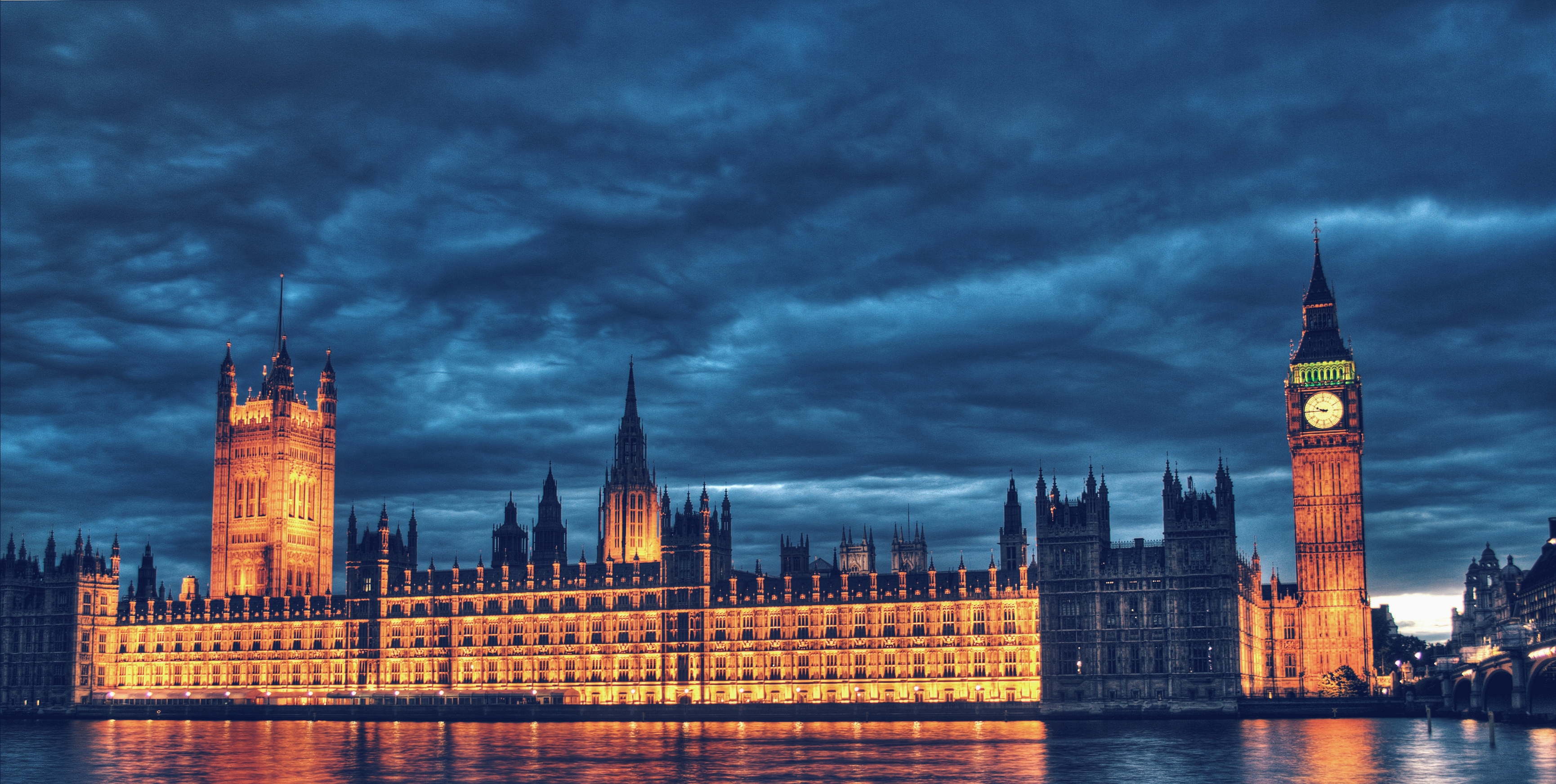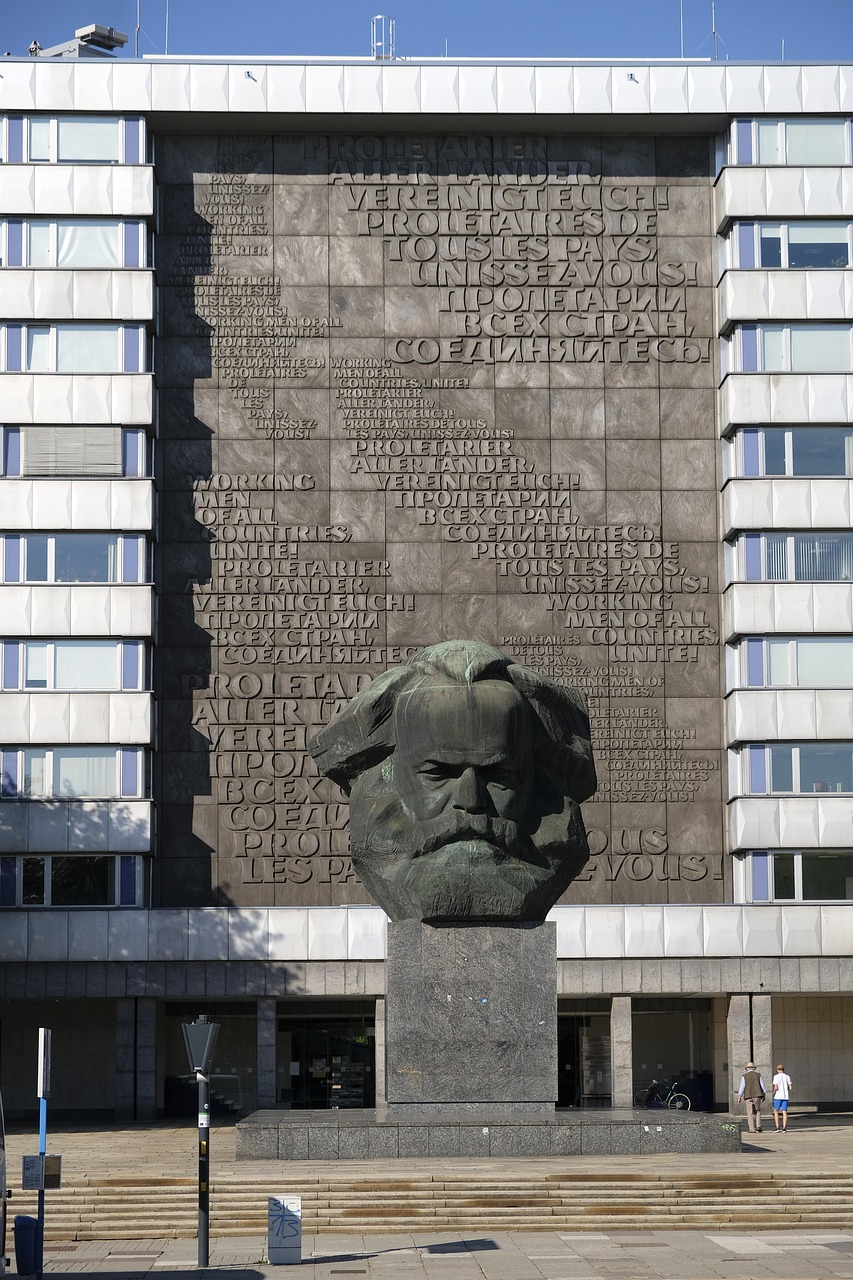On 7 April 1994, one hundred days of blood-filled genocide began in Rwanda. 800,000 men, women and children were butchered. The Kigali Genocide Memorial contains plaques to some of its victims, one of whom was a ten-year-old boy named David. He enjoyed making people laugh and his favourite sport was football. David’s last words to his father were: “don’t worry, we will be OK. The United Nations will come for us.” Both David and his father were tortured to death.
In 1999, Kofi Annan, UN secretary-general, admitted that the UN had allowed the Bosnian Muslim “safe areas” to be overrun in July 1995, because of what he called “political considerations”. 8,372 people were slaughtered in what became known as the Srebrenica massacre, making it the worst atrocity in Europe since the second world war.
In 2017, Myanmar began to militarily massacre the Muslim ethnic minority in Rohingya. 24,000 civilians have been killed and a further 750,000 forced to flee to neighbouring Bangladesh. Representatives of the Rohingya Muslims have launched several pleas for help at the UN, all of which have been halted by Myanmar and its allies.
The UN has failed time and time again to stop some of the worst genocides in modern history. It can’t be trusted to put an end to the industrialised extermination of the Uyghur Muslims by the Chinese government.
The refrain “never again”, coined by Yitzhak Lamdan in his 1927 poem Masada, became enshrined in the public consciousness after it was popularised by survivors of the Nazi Buchenwald concentration camp. It is a shameful indictment of our society that it has remained in such widespread usage, precisely because similar appalling incidents have happened again and again.
We have already failed to prevent the genocide of the Uighur people. Our immediate aim must be to stop it. The longer action is delayed, the longer we allow such unimaginable suffering to continue uninterrupted.
The main policy response under consideration is Magnitsky sanctions, which are already in use by the US against various Chinese officials. The foreign office has implemented Magnitsky-style sanctions against Russia, Saudi Arabia, Myanmar and North Korea. The US has already deployed them against China, but the UK has not.
Human rights lawyer Geoffrey Robertson once described these kinds of sanctions as “a way of getting at the Auschwitz train drivers… the people who make a little bit of money from human rights abuses.” This is good, but it’s clearly far from sufficient when it comes to stopping an ongoing genocide.
The strong international cooperation required to achieve real results cannot be achieved through the UN. Until January, China – while undertaking genocide – was a member of the UN human rights council. In 2018, of twenty-seven UN condemnations, twenty-one were against Israel and none were against China.
Not only has the UN become complicit in genocide, but its bureaucratic systems mean that the wolves are voting to eat the sheep. But it is the largest international governing body in the world. The only real challenges to its authority in recent memory have come from uses of military force, such as in Iraq.
If one country is going to lead a diplomatic effort to stop an ongoing genocide, it should be the UK. We should mark the dawn of the new “global Britain” by recommitting ourselves to protecting liberty and preventing atrocity. Britain occupies a unique position in the world thanks to our relationships with NATO and the commonwealth and its soft power consistently ranked the highest in the world.
That means we have what it takes to bring nations together. The government should make use of Britain’s authority by hosting an international anti-genocide summit. That would allow the UK to put its foreign policy commitments on the table at the first large international gathering since the pandemic. Crucially, it would pave the way a global, organised approach to de-Sinofication.
China’s enormous power has gone unchecked, within its own borders and on the world stage, for far too long. If our government is serious about standing up for what is right, now is the time to act.















